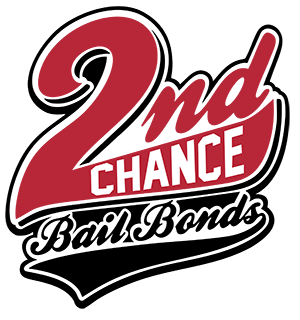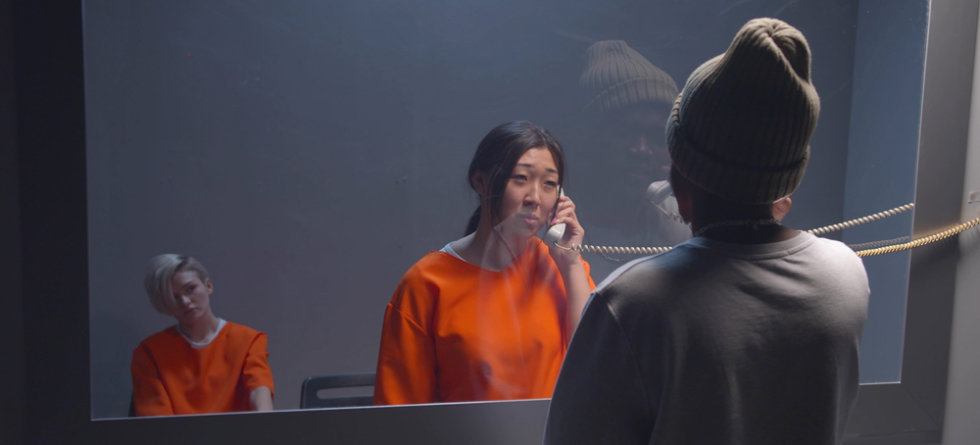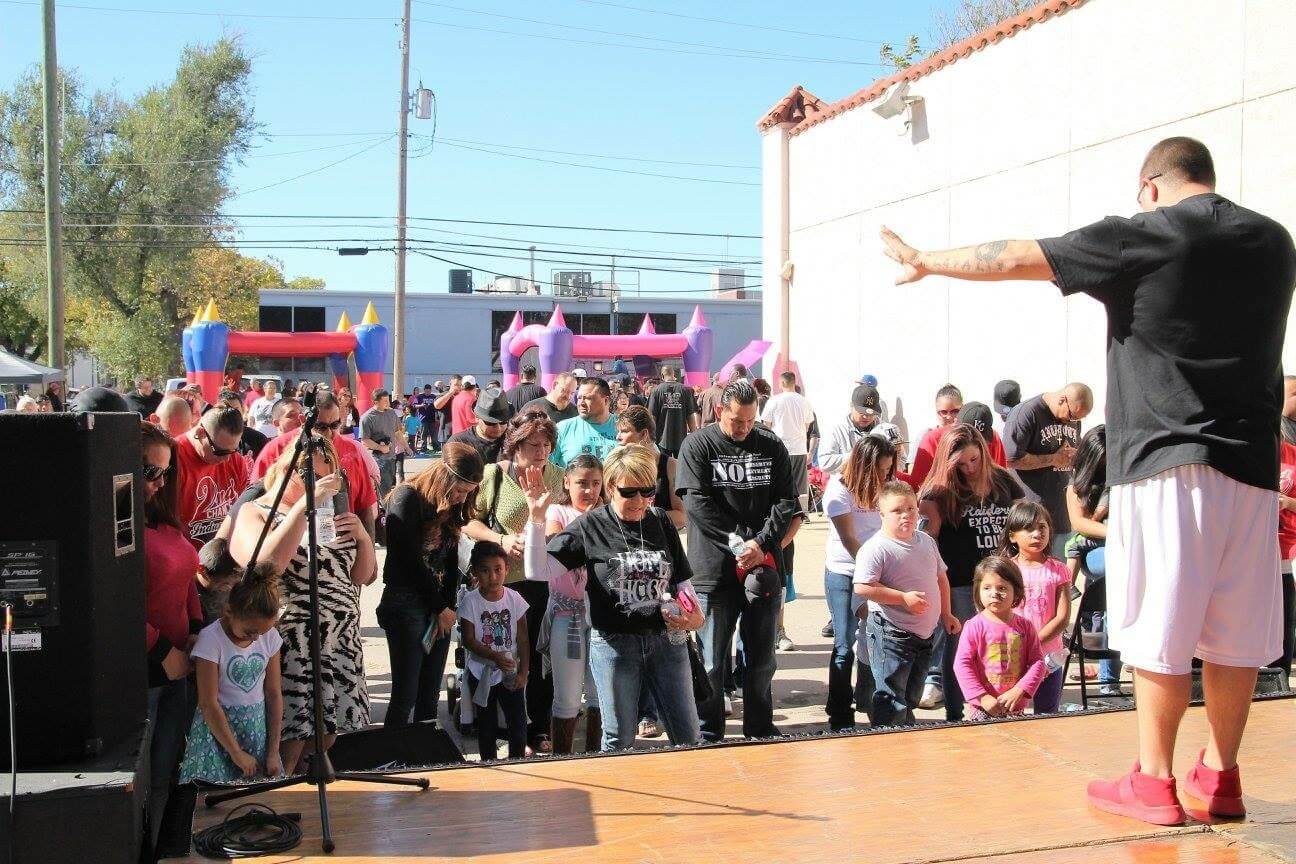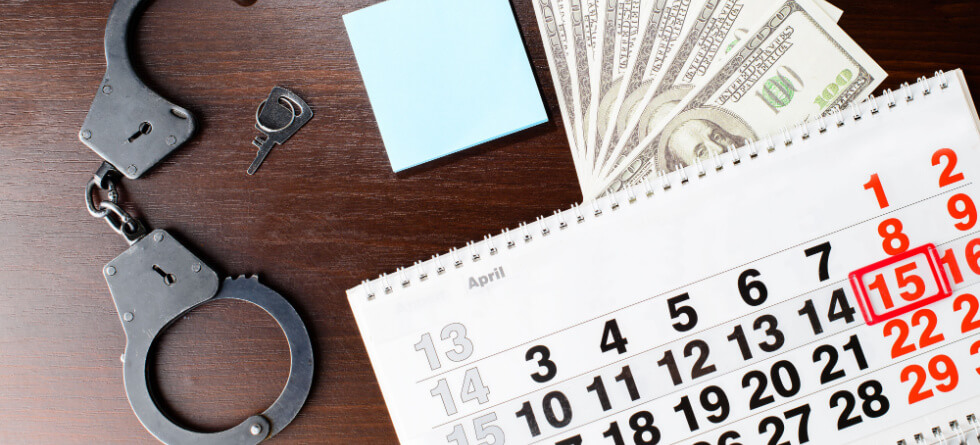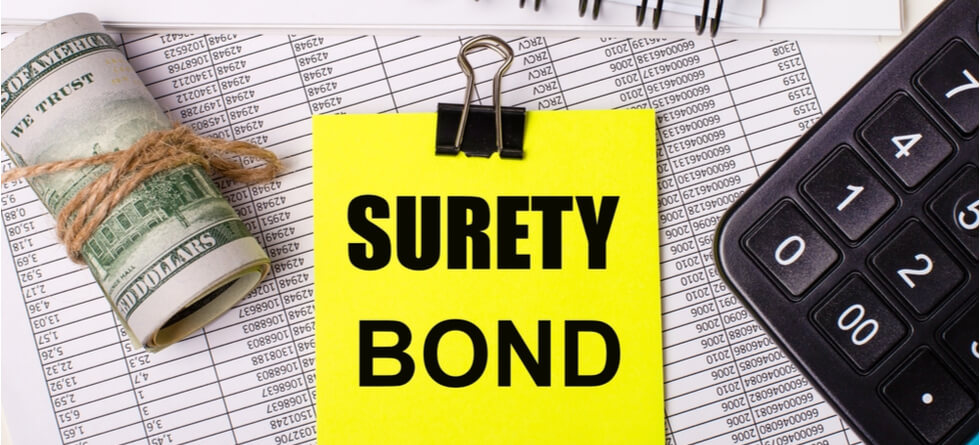The notion that every person arrested is entitled to a single phone call in jail is a common belief, but it is not universally accurate. The availability of phone calls for individuals in jail can vary depending on the jurisdiction, facility policies, and the specific circumstances of the arrest. Here are a few points to consider:
- Initial phone access: In many cases, individuals who are arrested are given the opportunity to make a phone call shortly after being brought to the jail or detention facility. This initial phone call is typically used to inform a family member, friend, or attorney about the arrest and the location of the individual.
- Time limitations: The duration and number of phone calls can vary. Some facilities may impose time limits on phone calls, while others may restrict the number of calls allowed during a certain period.
- Collect calls and fees: Phone calls made from jail are often collect calls, meaning the charges for the call are billed to the person accepting the call. It’s important to note that accepting collect calls from jail can involve additional charges.
- Privileges and restrictions: The availability of phone calls may also depend on the individual’s custody level, behavior, disciplinary record, and the specific policies of the facility. Inmates with certain restrictions or in disciplinary segregation may have limited or no access to phone calls.
The specifics of phone call privileges in jail can vary significantly based on local regulations and facility policies. Suppose you or someone you know is facing arrest or has been arrested. In that case, it is advisable to consult legal professionals or local authorities to understand the specific rights and privileges related to phone calls during incarceration.
